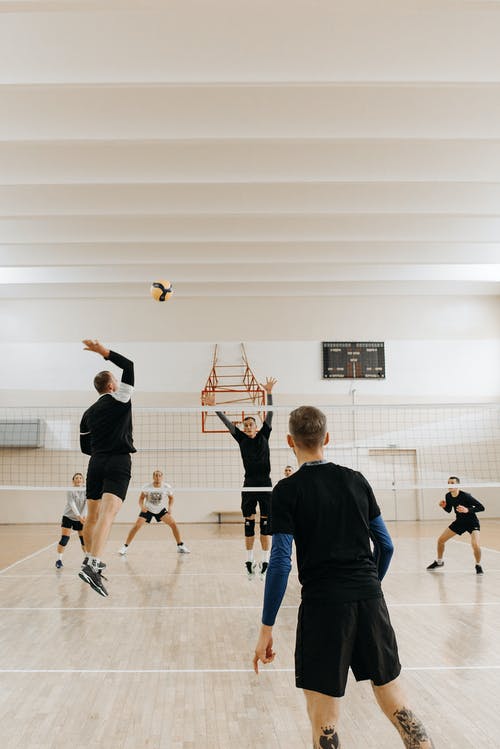All athletes feel pressure from within and from the outside to succeed. The mental and physical toughness required to compete in all types of athletic competition – particularly in professional sports – is incomparable to the average person.
Athletes are under tremendous pressure from all sides, between the intense scrutiny of the consumer market and the coaches and families who devote their lives to their careers. Because of this, it is unfortunately common for athletes to misuse drugs.
Despite the high level of admiration for athletes and the joy they receive from the results of their efforts, individuals involved in organized sports often suffer from substance misuse and addiction. Preventing and treating athletes’ drug addiction begins with understanding why and how it occurs.
It is a positive experience to participate in sports because it facilitates physical and mental development. Exercise can positively impact mental health in the general population, but organized sports present many additional factors. These factors can negate this benefit and exacerbate mental health issues.

A competitive sport offers little protection from constant, intense pressure to become faster, stronger, and better. As a result, athletes will take various substances to improve their performance or reduce their stress response when combined with daily responsibilities such as childcare, school, and work.
There are a significant number of people who consume alcohol throughout their lives. Perhaps surprisingly, some athletes consume alcohol before games or competitions to reduce anxiety and thereby enhance performance. This, however, has little evidence to support it.
When you drink frequently, you are more likely to experience other problems that will impact your performance. For example, some sports teams allow their new members to drink excessively to establish themselves as a form of initiation.
Additionally, athletes may be more susceptible to positive and negative aspects of alcohol, which reinforces heavy alcohol use. Studies have shown that alcohol consumption promotes the personality trait of sensation seeking, and some studies have found that athletes tend to report higher levels than others of this trait.
Many writers have also suggested that college athletes, who often have to balance athletics and academics, are especially stressed and subject to high-pressure levels. However, research studies have not provided convincing support that this may be the case.
Still, it is thought such individuals are particularly prone to use alcohol as a negative reinforcing coping strategy (e.g., reducing stress, distracting from life’s problems).
Other factors may be related to engaging in athletics and to at-risk alcohol consumption.